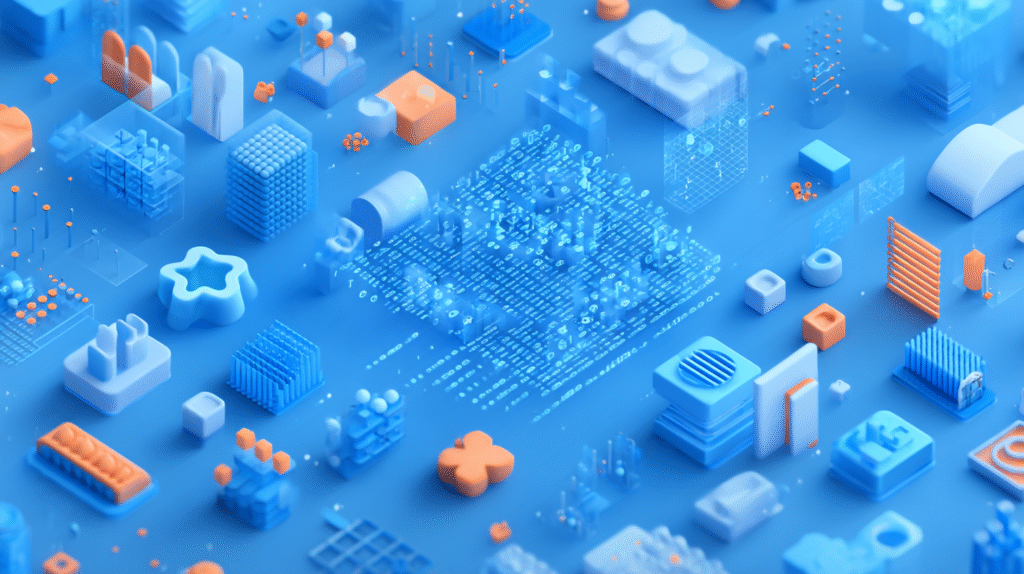The integration of artificial intelligence (AI) into the workforce is no longer a distant concept; it is a present reality that is reshaping the very fabric of human resource (HR) functions. HR professionals and C-suite executives are faced with the urgency to understand and adapt to these changes. This blog explores the profound impact that AI is having on HR jobs, the benefits of this transformation, and the actionable steps executives can take to embrace this technology.
Understanding the Role of AI in HR
AI is revolutionizing HR processes through automation, enhancing decision-making, and streamlining workflows. Key areas where AI is making an impact include:
- Recruitment: Automating candidate sourcing and screening.
- Employee Engagement: Using AI-driven analytics to gauge employee sentiment.
- Performance Management: Implementing AI tools for continuous feedback and assessments.
- Compliance: AI systems ensuring adherence to labor laws and regulations.
The Challenges Facing HR Functions
Despite the advantages of AI, HR professionals face significant challenges:
- Administrative Burden: Routine tasks such as data entry and payroll management take up valuable time that could be spent on strategic initiatives.
- Compliance Misplacement: As regulations evolve, ensuring compliance can often be an overwhelming task for HR teams, leading to potential legal issues.
- Transitioning Roles: HR must evolve from administrative functions to strategic partners within the business, which requires new skills and mindsets.
Alleviating Administrative Burden with AI
AI technology provides solutions to reduce the administrative burden on HR professionals. Automated systems can handle repetitive tasks, allowing HR teams to focus on high-impact activities. For instance, chatbots can assist in answering employee queries regarding benefits or leave policies, freeing up HR personnel to deal with more complex issues.
According to a report by McKinsey, organizations that leverage automation can increase productivity by over 20%. By implementing AI-driven automation tools, HR departments can streamline processes like onboarding, scheduling interviews, and managing employee data, significantly reducing time and effort.
Ensuring Compliance with Intelligent Solutions
The fast-changing landscape of workplace regulations creates complexities for HR departments. AI can play a pivotal role in compliance management by using data analytics to monitor changes in laws and ensure that the organization adheres to them consistently. Machine learning algorithms can analyze patterns and trends to minimize compliance risks, ensuring that HR remains proactive rather than reactive in its approach.
For example, organizations can deploy AI solutions that send alerts whenever there are updates in employment laws relevant to their industry, helping HR stay compliant and avoid fines or legal disputes.
Transforming HR into a Strategic Role
The future of HR lies in transformation. As AI continues to assume routine tasks, HR professionals must re-evaluate their roles and responsibilities. By fostering a strategic partnership with business leadership, HR can harness AI-powered insights to drive organizational goals.
HR leaders should focus on developing strategic business acumen, leveraging data for informed decision-making, and enhancing human-AI collaboration. This involves training programs that promote data literacy among HR staff, enabling them to understand the implications of analytics and AI on hiring, retention, and culture.
Data Literacy: A Necessity for Future HR Professionals
To effectively analyze and leverage AI-generated data, data literacy becomes a core competency for HR professionals. This involves understanding how to collect, analyze, and interpret data while being able to align it with business strategies. Training in data analysis tools and methodologies should be prioritized to empower HR teams to capitalize on insights derived from AI.
Investing in skill development will not only enhance individual performance but also foster a culture of data-driven decision-making across the organization. A well-informed HR team is better positioned to identify workforce trends, forecast future hiring needs, and implement retention strategies that are informed by quantitative data.
Enhancing Human-AI Collaboration
As HR functions increasingly rely on AI, establishing a cooperative relationship between human workers and AI systems is essential. This includes developing clear protocols on how AI can aid HR functions without overshadowing the human touch that is critical in managing people.
For instance, while AI can streamline the recruitment process by filtering resumes based on specific criteria, human judgment remains crucial in evaluating the soft skills and cultural fit of candidates. Organizations need to create frameworks that clearly define the roles of AI and human professionals within HR, ensuring that they work together harmoniously.
Leading the Transformation in HR
HR professionals and C-suite leaders must take actionable steps towards embracing AI in their organizations. Here are several strategies to consider:
- Invest in AI Technology: Allocate budget and resources to adopt AI tools tailored for HR functions.
- Upskill Your Workforce: Implement training programs focusing on data literacy, technology use, and human-AI collaboration.
- Foster a Culture of Change: Encourage open communication about the benefits and challenges of AI to ensure buy-in from all levels of the organization.
- Measure and Adapt: Continuously assess the effectiveness of AI implementations and be willing to adapt strategies based on outcomes.
Conclusion
As we navigate the complexities of the modern workplace, the integration of AI into HR functions offers transformative opportunities that can lead to enhanced productivity, strategic alignment, and improved employee experiences. While AI is set to reshape HR jobs, it is essential for HR professionals to view this change not as a threat but as an opportunity for growth and evolution.
Organizations that proactively embrace AI will position themselves at the forefront of HR transformation, reaping the benefits of a more agile, data-driven, and strategic function. It is critical for HR leaders and C-suite executives to lead this change, fostering an environment where human potential is maximized and innovation flourishes. The time to take action is now—embrace AI and transform the future of HR.





